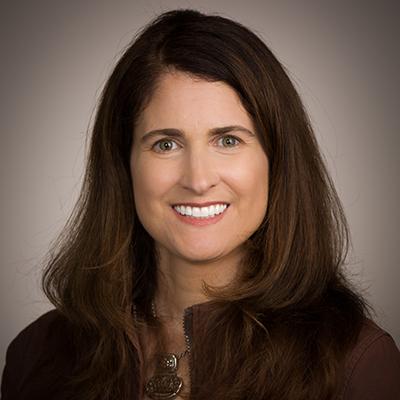Jackson School of Geosciences’ appoints Julia Clarke as first associate dean for diversity, equity and inclusion
November 10, 2021
The Jackson School of Geosciences appointed Julia Clarke as the first associate dean for diversity, equity and inclusion on Oct. 21.
Clarke previously served on UT’s Faculty Gender Equity Council and is one of 50 professors who holds a Howard Hughes Medical Institute grant to develop diverse teaching methods. The position is part of the school’s diversity, equity and inclusion reorganization, and for Clarke, it is a way to further the diversity work she has performed in the past with various organizations within the school.
“My real passion is on inclusive pedagogy, so it’s looking at what we do in the classroom and how we welcome, how we enable students to … feel fully part of a vibrant scientific community,” Clark said. “But I also am very passionate about the pre-college to college transition … like, does everybody have the same access … to know all of the career choices and choices of majors coming into UT.”
Claudia Mora, dean of the Jackson School of Geosciences, said following the Black Lives Matter protests in the summer of 2020 and an increased demand from faculty and students to make the school more diverse, she wanted to find ways to use that passion and improve the school’s policies.
Instead of focusing on outreach programs, Mora said she hopes to “redevelop” the field of geosciences “with a more diverse picture.”
The school has a history of diversity outreach programs, including GeoFORCE, a high school educational program intended to bring underrepresented students into the field of geosciences.
“We really needed to stop thinking so much about outward looking programs and turn some of our attention inward,” Mora said. “And faculty members have particular abilities to do that, that no one else does.”
Clarke’s background and passion for diversity and equity made her the perfect candidate for this role, Mora said.
“She is dedicated to student learning and how to build diversity in student learning and how to make it possible for different types of students to learn in different ways across (the) field,” Mora said.
There exists a momentum to make change given the events of the past year, Clarke said. She’s hopeful that her and her colleagues’ efforts will transform higher education.
“Like many others, I do feel this strong sense of energy, a strong sense of imperative behind a lot of these efforts,” Clarke said.












